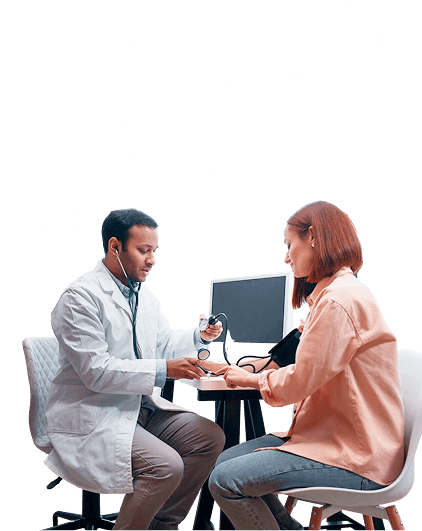Any data related to health is sensitive and is meant to be kept confidential. The Personal Information Protection and Electronic Documents Act (PIPEDA) is a federal law that protects your information when you visit a doctor, fill a prescription, use a health app, or talk to a health insurance company.
But what exactly does it do, and how does it affect you? Let’s break it down in simple terms.
What Is PIPEDA?
PIPEDA Canada is a law that sets rules for how private businesses handle your personal information. This includes many healthcare-related businesses, like:
- Walk-in clinics and private doctors
- Pharmacies
- Medical labs
- Health insurance companies
- Health apps and online health services
If these organizations collect, use, or share your personal health data while providing a service, they must follow the rules for sharing health data under PIPEDA.
What Counts as Personal Health Information?
Personal health information includes any detail about your health that can be linked to you. For example:
- Your medical history and diagnoses.
- Test results (like blood work or X-rays).
- Medications and prescriptions.
- Health insurance numbers or billing records.
- Information about treatments or doctor visits.
Even something as simple as your name listed next to a medical test result counts as personal health data.
How PIPEDA Protects You
PIPEDA gives you clear rights and puts rules in place for businesses. Here’s how it protects your health information:
You must give consent: A company must ask before collecting or sharing your health info. They should also explain how they’ll use it.
Only the info they need: They can’t collect more data than necessary for the service they’re providing.
They must protect your info: Your data must be kept safe from hackers, leaks, or being lost.
You can access your records: You have the right to see what personal health information a company has about you. You can ask to correct it if something’s wrong.
These rules support health information privacy in Canada, giving you control over your own health data.
Who Must Follow PIPEDA?
The impact of PIPEDA on healthcare providers is big, especially in the private sector. Any company that works with your health data must:
- Follow strict privacy rules.
- Train their staff on data protection.
- Be ready to respond to your questions or concerns.
Public hospitals and government-run healthcare services follow provincial laws, like Ontario’s PHIPA. But if you use private services, like a pharmacy, clinic, or health app, PIPEDA and healthcare go hand-in-hand.
Why It Matters to You
Your health data is personal. You deserve to know who has access to it, why they need it, and how they protect it. Thanks to PIPEDA, you have the right to:
- Say yes or no to how your info is used.
- Ask questions.
- View or update your data.
- File a complaint if your privacy isn’t respected.
If a company breaks the rules, you can report them to the Office of the Privacy Commissioner of Canada.
Final Thoughts
Protecting personal health information is the right of every Canadian citizen. PIPEDA ensures your information is safe in the private health sector. Businesses and healthcare organizations abide by the act, and you are in control of your own data.
Understanding the impact of PIPEDA on healthcare providers and your privacy rights can help you make smart decisions. Whether you’re in an urgent care clinic or using a healthcare app, knowing how PIPEDA protects your information will keep you safer.








